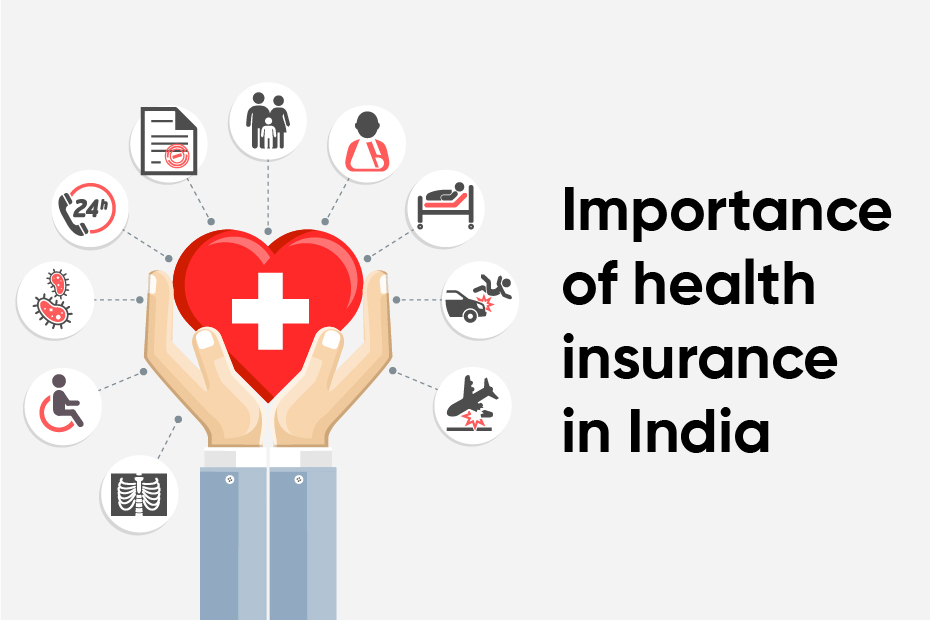Just like a healthy body, a healthy nation functions at its epitome. And for India, which is the second most populous country in the world, health of its individuals is extremely vital. Rana Kapoor, the former CEO of Yes Bank, focused on the concept and widely discussed the need for health insurance in India, especially for poor and how it will benefit the economy.
India has large swaths of population that still undermine the benefits of heath insurance, and feel premium is a burden. However, factual existence with the fact that money channelised as premium is not wasted, and is in fact an investment for uncertain times is still not realised. As per the stats given by NITI Aayog in October 2021, number of people devoid of any health insurance is 42 crore or 30 percent of the total population.
Yes Bank’s Founder often highlighted the vitality of this subject and brought to light that India has been making tremendous efforts to overhaul its economic structure. “The nation improved its ‘Ease of doing Business’ ranking from 142 to 100 in three years driven by a laser-focused strategy and relentless efforts of the Government. Budget 2018 has embarked on continuing the momentum in the social sectors, quintessential to raising living standards of the populace and actualise GDP gains for tangible benefits on the lives of common people.” However, only one of the government’s scheme around National Health Protection Scheme to cover over 10 Crore households, which aims to provide coverage up to Rs. 5 lakh per family per year for secondary and tertiary care hospitalisation, could change the game.
Realising the scope for improvement, he also stated that adopting to such a framework is beneficial because it primarily reduces the out-of-pocket expense, which is incurred by more than 60 per cent of the population in India. Also, when a wide number of people opt for health services, it will unleash latent demand for healthcare amenities, especially because poor people will have the same quality access. This activity would then open up a new horizon of opportunities including paving the way for universal health coverage over the medium term, indirectly boost the healthcare sector with hospitals, medical device manufacturers, and health insurance companies, all benefiting from the rise in demand. Lastly and very vitally it will push employment a scale up, given the fact that this sector is fifth largest employer among all sectors.
“Extension of health insurance to the bottom of the pyramid will energise the entire ecosystem towards the targeted objectives of providing every Indian with accessible, affordable and quality healthcare,” stated Kapoor.
India’s social gap has caused turbulence in the economy. The efforts made by NITI Aayog have been significant, but more concentration must be laid to move towards 100 per cent health coverage. Understanding the pointers covered by Rana Kapoor, it is but obvious that the nation needs to rampantly apply what kind of strategy, yet it is still only up to the government to pace up the schemes.




